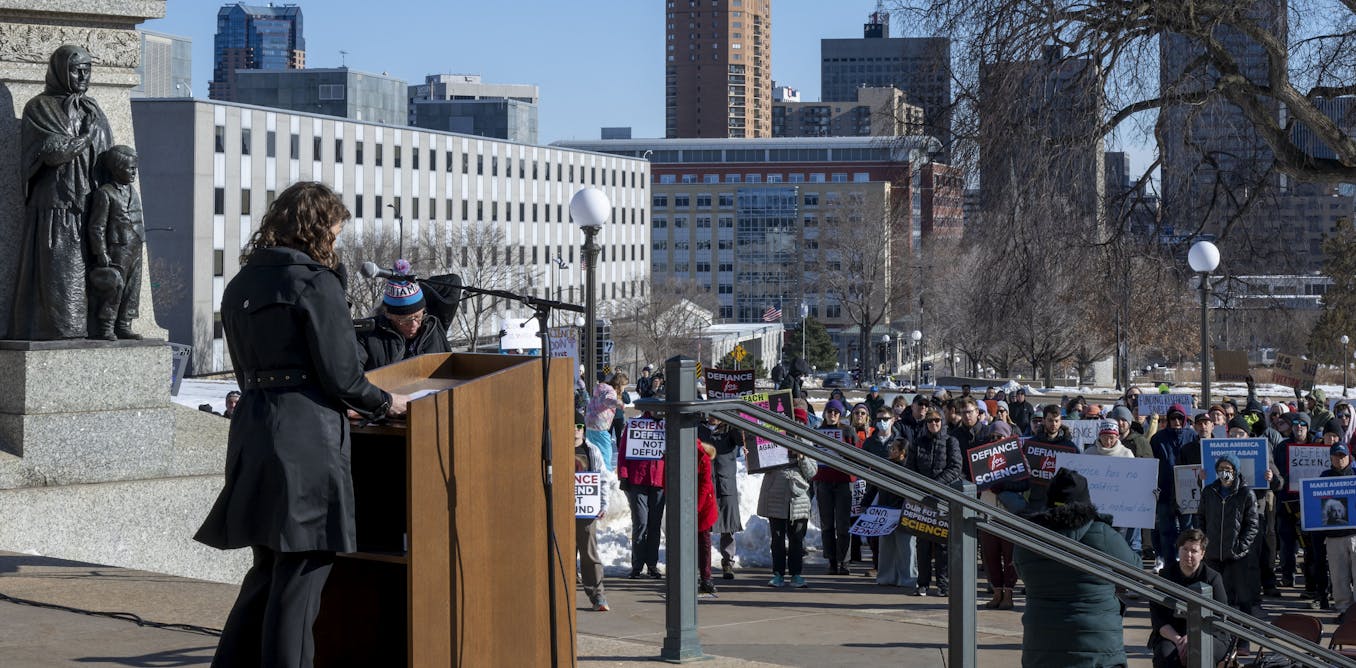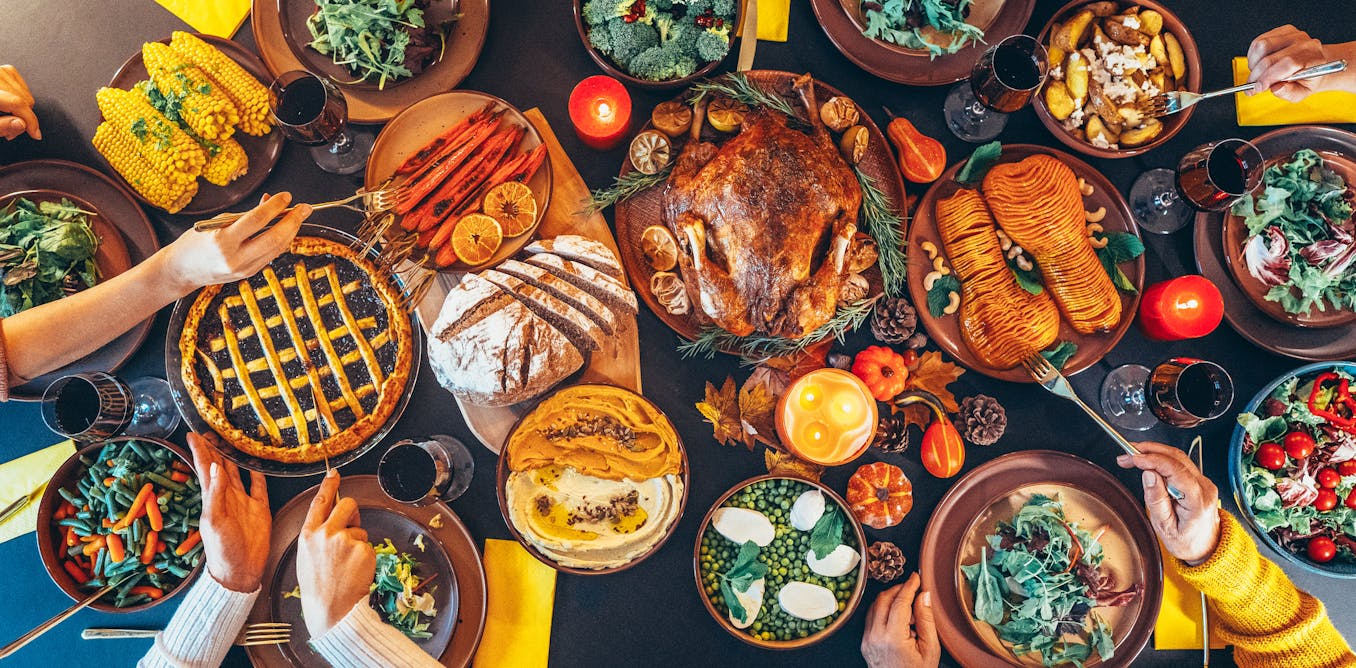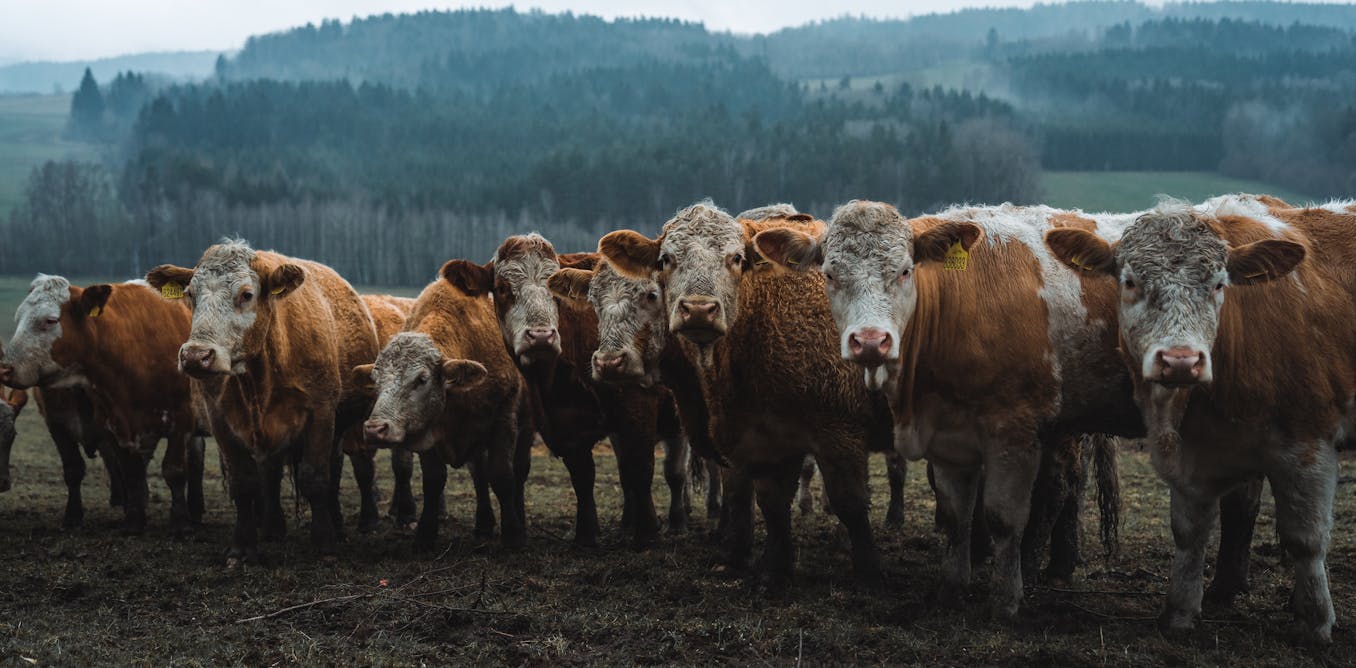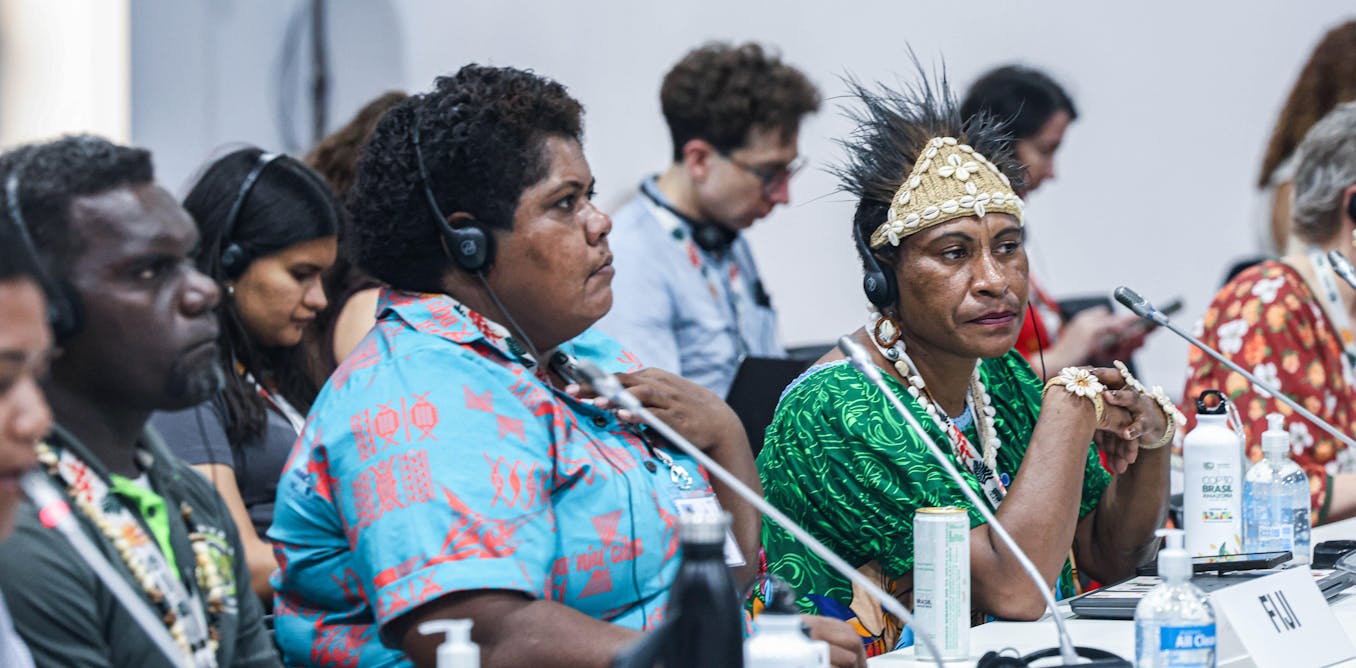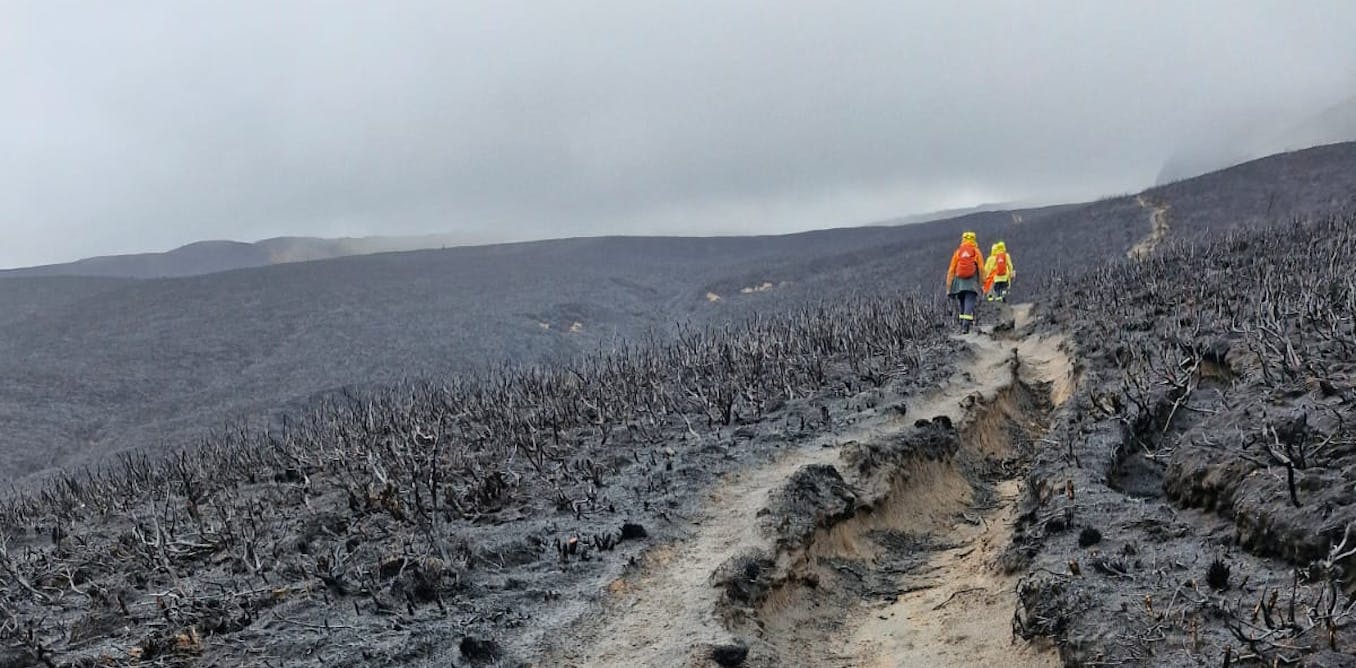Dear Fellow Refugees, Here’s How I Found Resilience | Chantale Zuzi Leader | TED
In the TED Talk titled “Dear Fellow Refugees, Here’s How I Found Resilience,” Chantale Zuzi Leader shares her powerful story of resilience and hope in the face of unimaginable tragedy and loss. At just 13 years old, Chantale and her siblings were forced to flee their home in the Congo after their parents were tragically killed in a violent attack. They became refugees, without a place to call home, without safety or security.
Chantale takes us on a journey of survival, grit, and determination as she navigates the challenges of life as a refugee. She describes the struggles, the daily existence of millions of displaced people around the world, and the fragility of the line between comfort and despair. Despite the hardships she faced, Chantale found a way to break through the barriers of discrimination and fear, to find hope and community.
Through her own experiences, Chantale learned the power of sharing her story and breaking down barriers of ignorance and misunderstanding. She shares how she overcame the challenges of being an albino in a society that saw her as cursed, and how she found acceptance and friendship through open dialogue and understanding.
Chantale’s journey eventually led her to the United States, where she found a new home and new opportunities. She founded the non-profit organization “Refugees Can Be,” with a mission to provide education, livelihood, and leadership training for young girls living in refugee settlements. Through her inspiring work, Chantale is empowering other refugees to break through the barriers and realize their own potential.
Her story is a powerful reminder of the resilience and strength of the human spirit, and a call to action for each of us to welcome refugees with curiosity, compassion, and empathy. Chantale’s message is clear: refugees can be anything they dream to be, but they can’t do it alone. We all have a role to play in helping refugees find a place of safety, a place to call home, and a way to thrive.
Watch the video by TED
It was my 13th birthday. My mother made my favorite dish of rice and beans. In the afternoon, some neighbors celebrated in front of our house, dancing, laughing, eating. With music, filling the air in our usually quiet small village in the Congo. Several hours later, the peaceful evening was torn apart.
Torn apart by gunfire. Terrified screams filled the air. My mother and father wanted us children to seek shelter from this danger. I remember my mother shouting to us all, “Go to the tree, go to the tree,” she said. There was no time to say goodbye. Nine of us children ran to the forest
And huddled together through the night under that tree. It was our place of sanctuary, our place of safety. After hours of terror, the guns went quiet. The Sun appeared in the morning. But not our parents. They still had not returned. The long, stretching branches of our tree
Could not protect us from our growing worry. As we returned to our village, our fear turned to despair. My mother and father had been killed, along with dozens [of] innocent men, women and children. The violence of that night ripped out our precious roots and set as adrift into the world.
We were now orphans, outsiders, refugees without a place to call home, without a place of safety. We were forced to leave our village and everything we knew. We traveled miles, crossed borders and joined tens of thousands of other refugees in the refugee settlement in Uganda. There, our family shared the many challenges
Faced by displaced people around the world. We learned to live in a constant state of struggle. We ate, kept clean, protected each other, all to maintain some level of dignity and hope. I tell my story not because it is unique. Just the opposite. I am one of many displaced people around the world.
The number of forcibly displaced people has more than doubled since 2013. It has surpassed 108 million, and it’s continuing to rise. Just over half of the displaced people are women and girls, and 43.3 million are children. There is such a fragile border between the basic comfort most of us enjoy
And the misery that is the daily existence for millions of refugees. My experience has taught me anyone can become a refugee. To lose that place of safety they once had. But my experience has also taught me something else. That it is possible to break through.
To break through those barriers of distrust and discrimination and uncertainty. To find a place of community, friendship and to even find hope. Those changes can happen in small and large ways and in ways that are sometimes difficult to imagine. Let me explain. When I was born,
My maternal grandmother wanted my mother to kill me. Why? Because she and many others held the common belief that my albinism was a curse. My mother refused, believing I was not a curse but a gift from God. So you see, my mother had saved my life twice. Once when I was born.
And on the last day I saw her alive. People can change. When I was 12, there was a girl in school who always avoided me until one day, the teacher assigned her to be a partner on a school project. The girl asked me, “If you touch me,
Will my children also look like you?” I explained to her, I’m not a curse. I’m not contagious. This is just how I was born. That exchange allowed us to break through and spike both a deeper understanding and a good friendship. Breaking through the barriers of fear and ignorance
Are critical to building bridges of understanding between the refugee population and the community they join. Just as I learned as a young girl, this type of change requires the openness to share one’s story and a willingness to grow. Years later, my albinism worked in my favor. The United Nations High Commission for Refugees
Began to work on plans for my resettlement. Albinos were being prioritized because of the danger they face in their home countries. Violence, discrimination, that some nations, including mine, were unable to protect us from. So in 2018, five years after I lost both my mother and my motherland,
I left Africa to come to the United States. My initial reaction when I arrived in Worcester, Massachusetts was, “It’s so cold here.” As I saw my foster family holding up signs that said “Welcome to America, Chantale,” I felt that I had finally found a home. The cold was just the beginning of [a] series of adjustments to a very unfamiliar place and an entirely different culture. Mastering English was a challenge,
But it was far surpassed by the great joy of being able to attend school again. Well, I graduated high school in three years and … And I’m now a junior at Wellesley College. Majoring in political science. After reflecting on my own journey and my own experiences, I began to dream of creating similar learning [opportunities] for young girls still living in the same refugee settlements I lived in as a child. That dream has taken shape in the creation of “Refugee Can Be,” a non-profit organization I founded
With the help of dedicated partners and supporters. Our core mission is to be that tree, that place of sanctuary, that place of safety, to provide a secondary education along with livelihood and leadership training for the girls in the camp. To show them that they, too, can break through.
I have learned that a refugee can be anything she dreams she can be. But she can’t do it on her own. The course of my life, once dictated by tragedy and loss is now in my power. There are hundreds of people who reached out to help me, to teach me, to give me access to incredible opportunities. Now it is my turn to reach out, to use the platform I have to secure for other refugees the chance to realize their own power to break through.
Beyond the essential roles that governments, NGOs, businesses can and must play to eliminate causes of displacement, each of us are called to take action. To help provide that place of safety, by welcoming those who once lost everything, but have a world of creativity and talent
To bring into the work of rebuilding their lives and enhancing the communities we share with them. Meet each refugee with both curiosity and compassion, understanding their specific needs, learning their specific stories and calling them by name. You are hearing one voice today. It is a voice of a refugee girl
Who was rescued through the love and generosity of many. But I feel the voices of millions of refugees speaking through me, here, as I do. The urgency of those voices calling on each one of us to help refugees break through, to find a place of sanctuary, find a place of safety.
Find a way home. Thank you.
About TED
The TED Talks channel features the best talks and performances from the TED Conference, where the world’s leading thinkers and doers give the talk of their lives in 18 minutes (or less). Look for talks on Technology, Entertainment and Design — plus science, business, global issues, the arts and more. You’re welcome to link to or embed these videos, forward them to others and share these ideas with people you know.
Video “Dear Fellow Refugees, Here’s How I Found Resilience | Chantale Zuzi Leader | TED” was uploaded on 03/22/2024 to Youtube Channel TED




